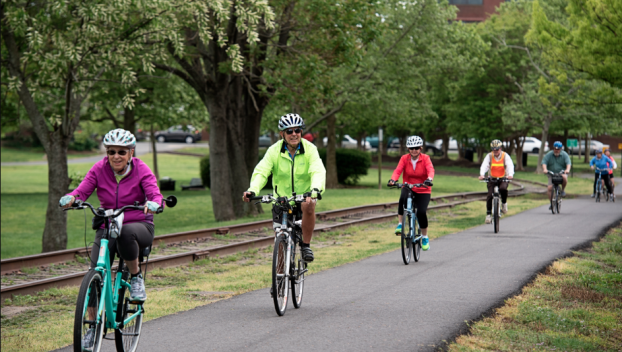
Cnhi Network
Baby boomers join ‘aging-at-home villages’ for yoga, happy hour, and biking
First came "villages," hyper-local groups created by aging neighbors to build a greater sense of community and help ... Read more

First came "villages," hyper-local groups created by aging neighbors to build a greater sense of community and help ... Read more